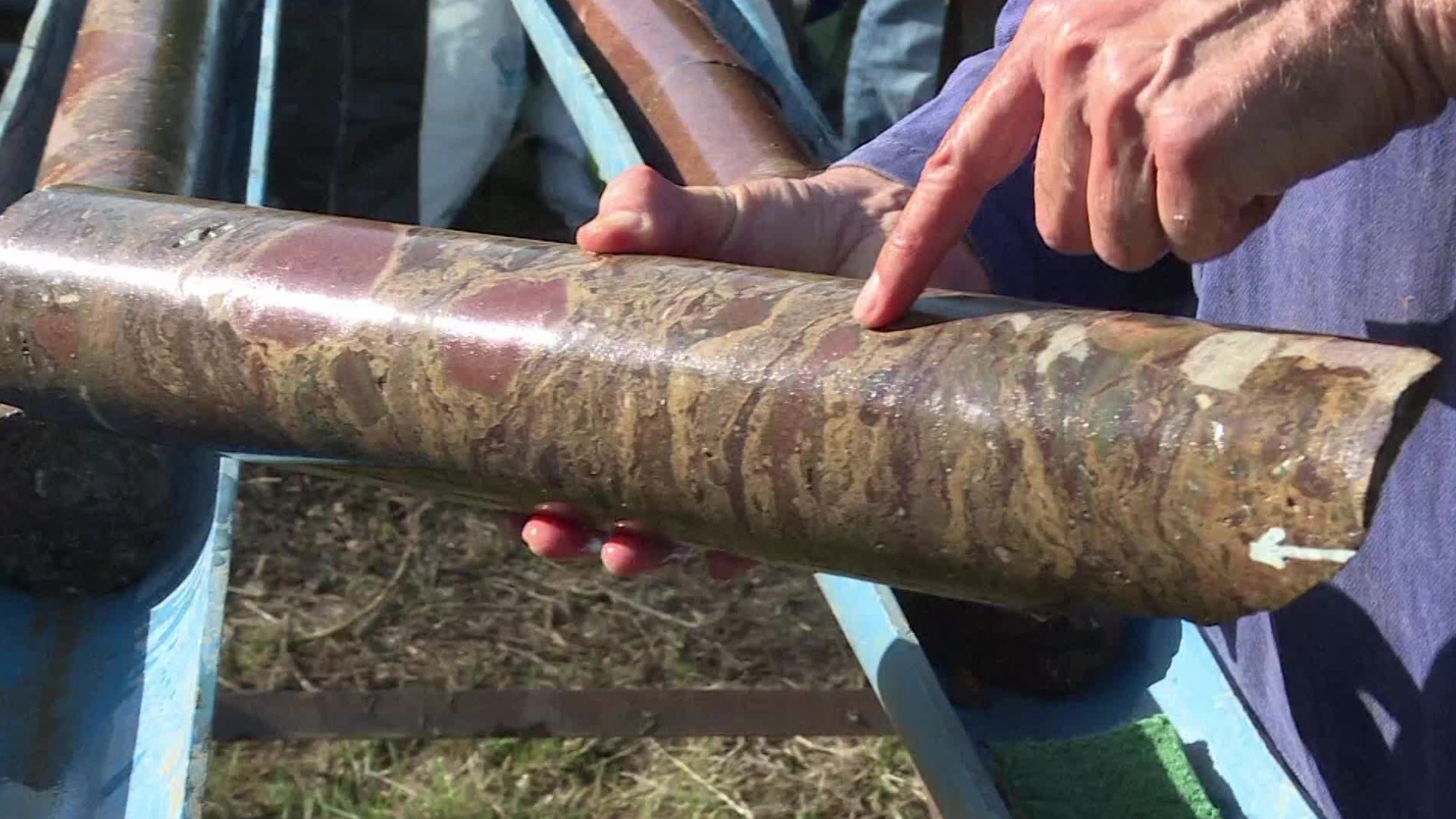Mining & Geological Engineers, Including Mining Safety Engineers
Mine Engineer, Mining Consultant, Mining Engineer, Project Engineer
 Select a military branch to see samples.
Select a military branch to see samples.
Civil Engineer; Civil Engineer, Airlift; Civil Engineer, Bomber; Civil Engineer, Civil Engineer; Civil Engineer, Environmental Engineer; Civil Engineer, Fighter; Civil Engineer, General Engineer; Civil Engineer, Industrial Engineer; Civil Engineer, Readiness and Emergency Management Engineer; Civil Engineer, Special Operations
Technical Engineer
No similar titles were found.
No similar titles were found.
No similar titles were found.
No similar titles were found.
What they do:
Conduct subsurface surveys to identify the characteristics of potential land or mining development sites. May specify the ground support systems, processes, and equipment for safe, economical, and environmentally sound extraction or underground construction activities. May inspect areas for unsafe geological conditions, equipment, and working conditions. May design, implement, and coordinate mine safety programs.
On the job, you would:
- Prepare technical reports for use by mining, engineering, and management personnel.
- Inspect mining areas for unsafe structures, equipment, and working conditions.
- Select or develop mineral location, extraction, and production methods, based on factors such as safety, cost, and deposit characteristics.
Knowledge
Engineering and Technology
- product and service development
- design
Math and Science
- arithmetic, algebra, geometry, calculus, or statistics
- physics
Arts and Humanities
- English language
Manufactured or Agricultural Goods
- manufacture and distribution of products
Skills
Basic Skills
- reading work related information
- talking to others
Problem Solving
- noticing a problem and figuring out the best way to solve it
People and Technology Systems
- thinking about the pros and cons of different options and picking the best one
- figuring out how a system should work and how changes in the future will affect it
Abilities
Verbal
- communicate by speaking
- communicate by writing
Ideas and Logic
- group things in different ways
- make general rules or come up with answers from lots of detailed information
Math
- choose the right type of math to solve a problem
- add, subtract, multiply, or divide
Visual Understanding
- see hidden patterns
Personality
People interested in this work like activities that include practical, hands-on problems and solutions.
They do well at jobs that need:
- Perseverance
- Achievement Orientation
- Intellectual Curiosity
- Cautiousness
- Integrity
- Attention to Detail
Technology
You might use software like this on the job:
Data base user interface and query software
- MySQL
- Oracle Database
Presentation software
- Microsoft PowerPoint
Analytical or scientific software
- Maptek Vulcan
- Ventsim
Education
Education: (rated 4 of 5)
bachelor's degree or
certificate after college
usually needed
certificate after college
usually needed
Job Outlook
Below Average
New job opportunities are less likely in the future.
Explore More
- Civil Engineers
- Geological Technicians
- Geothermal Production Managers
- Industrial Engineers
- Petroleum Engineers
You might like a career in one of these industries:
See more details at O*NET OnLine about Mining & Geological Engineers, Including Mining Safety Engineers.






